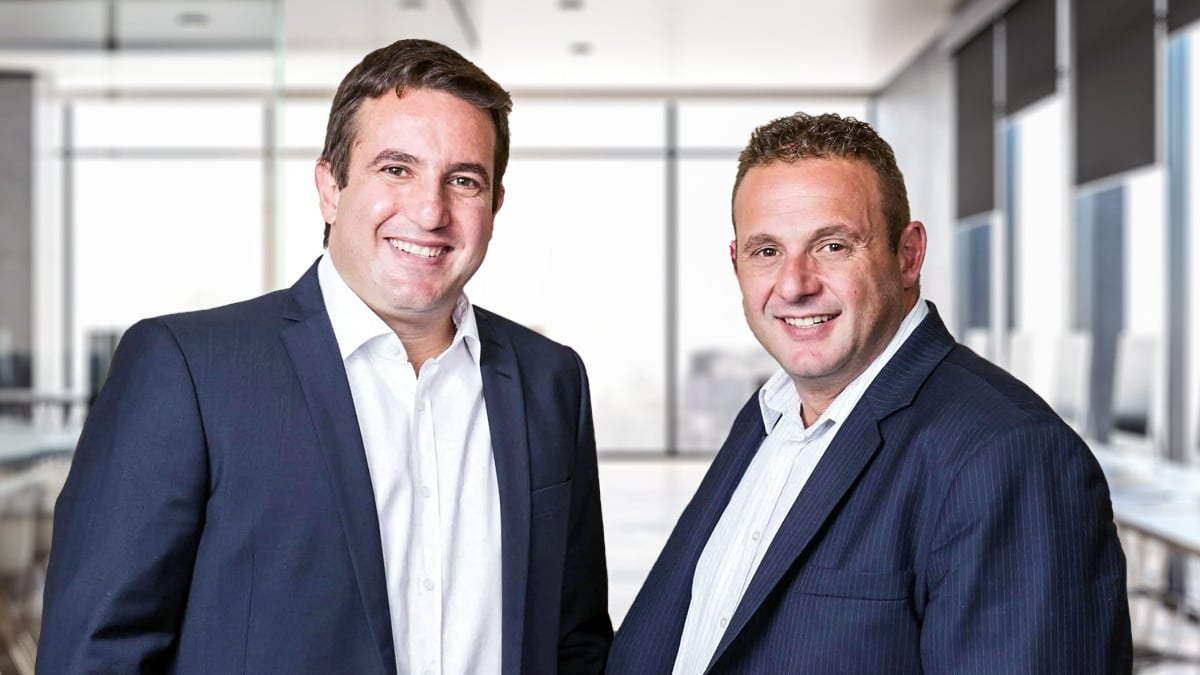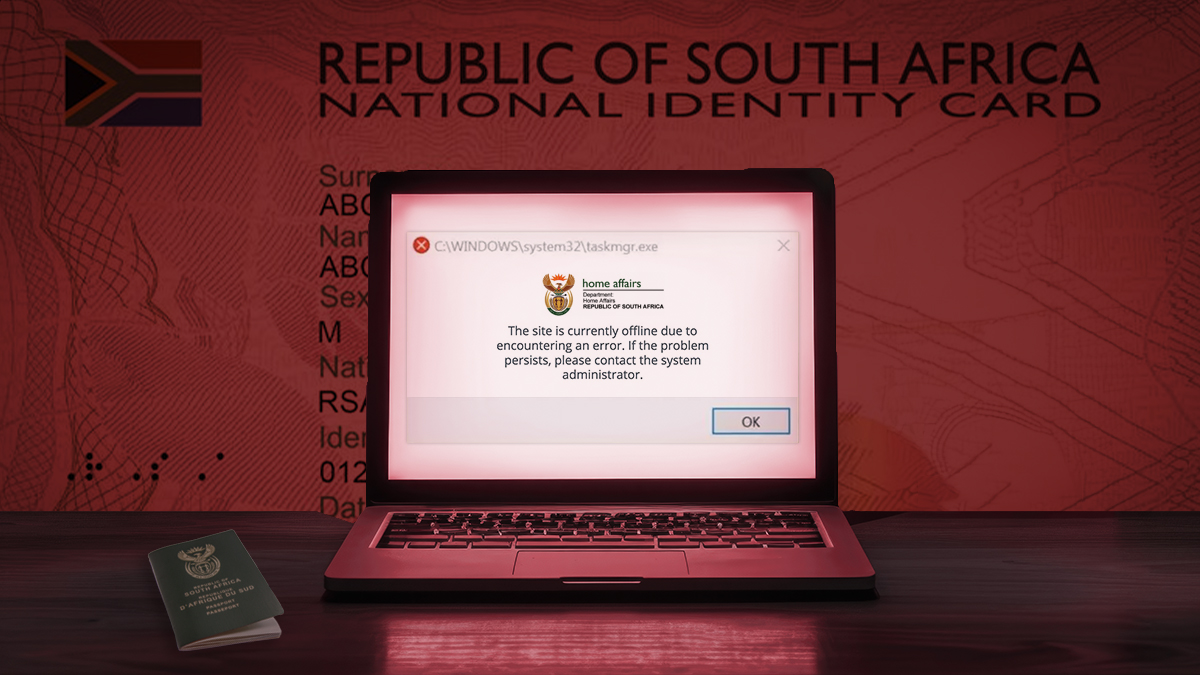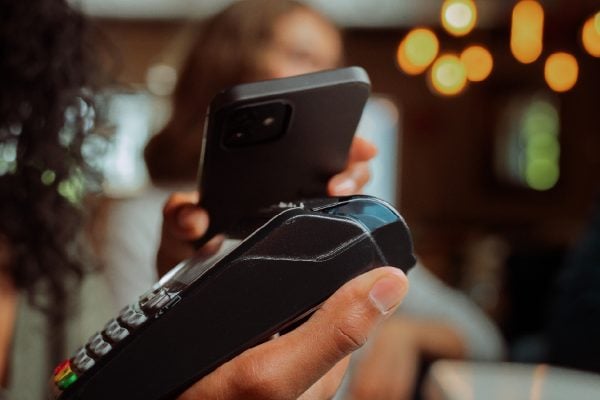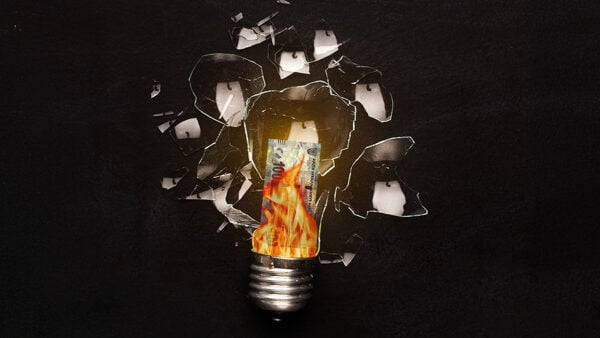Prepaid electricity credit boom for Blue Label

South African technology and telecoms company Blue Label is expecting double-digit sales growth for its “buy now pay later” prepaid electricity product.
The company’s joint CEO, Mark Levy, told the Business Times that the BluAdvance product was recording hundreds of thousands of transactions and was gaining momentum with more municipalities supporting the service.
“We draw the electricity from the municipality. We pay the municipality for that electricity, and then we collect that from the customers the next time they reload,” he explained.
“This is aimed at helping consumers top up when they have run out of electricity and don’t have funds to purchase at that time.”
Levy said that developing the product took time and was difficult, as the electricity environment was complex and required working with many different municipalities and their respective billing systems.
He said the primary issue was ensuring Blue Label could collect the money that customers effectively borrowed when they buy electricity on credit.
For users to qualify, they must first be an active user of a Blu Approved product — such as Cell C, MTN, Telkom, Vodacom, or Ticketpro — or use one of the company’s own airtime, electricity, or money transfer products.
They must also have an average monthly transaction value must also be at least R20 on electricity purchased and top up with electricity vouchers at least twice per month.
The amount that customers can borrow depends on their individual profiles. The current electricity advance amounts available are R20, R30, and R50.
R5 of each advance goes to Blue Label as a service fee. Outstanding advances are automatically deducted from the customer’s next meter recharge.
Offering credit systems to users who would not pass a credit check for a loan or credit card is also a growing trend in the cellular network industry.
Mobile network operators Vodacom and MTN have also seen success with their credit airtime offerings.
In its last full-year financial results for 2023/2024, Vodacom said that 45.7% of its prepaid recharges used Airtime Advance and that the product was contributing to its strong financial service growth.
Vodacom also offers a Voucher Advance product, which lets customers get vouchers for various products and services — including food and clothing.
Blue Label’s financial performance
Blue Label recently reported financial results for the first six months of its 2025 financial year.
The company’s revenue and earnings declined due to its Comm Equipment Company’s significant struggles.
Its total revenue declined by 4% to R7.2 billion during the period, while Earnings before interest, tax, depreciation, and amortisation also declined 6% to R653 million.
However, one of the company’s biggest struggling subsidiaries — Cell C — has shown encouraging signs of recovery, despite remaining technically insolvent.
Revenue increased by a marginal 0.5%, but losses after tax reduced from R337 million to R149 million.
Blue Label’s other joint CEO — Brett Levy — described the work of Cell C CEO Jorge Mendes as “phenomenal.”
Blue Label’s electricity sales revenue remained stable at R146 million, despite electricity revenue generated for distributors increasing from R18.9 billion to R21.9 billion.
Blue Label said that the limited commission growth was due to inflationary increases linked to kWh usage and higher electricity consumption without shedding.
































